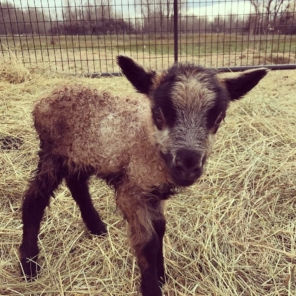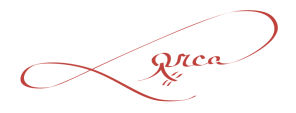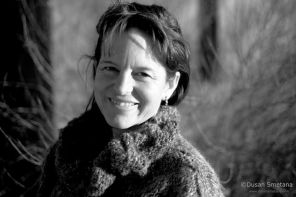Would you like to hear the eulogy at your own funeral?
- Lorca Smetana

- Apr 13, 2017
- 3 min read

“And you would be…?”
Good morning, dearests.
Would you like to hear the eulogy at your own funeral? I think I just did.
I had a rare human experience.
Think back to attending the funeral of someone you loved and admired, and sitting there awash in pain and love and laughter as person after person stood up to share a story, express love, talk about how she or he helped them in ways large and small to grow and heal and build things and moments that felt important? And at some point, do you remember a small hope that when it comes your time to die, that you will have made such a difference in your people’s lives? It’s a good hope.
In a remarkable TED talk in 2014, veteran New York emergency medical technician Matthew O’Reilly recounted what started happening once he decided that he would stop lying to people on his watch who were critically, terminally injured. He decided to tell the truth when someone had only minutes left to live, and he could do nothing about it. And overwhelmingly in the time since then, his honest response of, “Yes,” to the question, “Am I going to die?” has been met not with the panic and fear he had dreaded, but with peace and acceptance. And over and over, he saw three patterns.
The first pattern was the expressing of a wish for forgiveness. The second was the hope of not being forgotten. And the third? As Matthew said, “The final pattern I observe always touched me the deepest, to the soul. The dying need to know that their life had meaning. They need to know that they did not waste their life on meaningless tasks.” This question weighs on us. Even thinking of some things that I think have been worthy contributions in the world, I think a lot about the answer to this question too.
Most of us don’t get to know how the world around us answers those questions, the ones a good eulogy would tell us. We know what we think, but we also know that we have blind spots, that what our lives seem like from the inside is different from how others experience and remember us. I attended a workshop last week on blind spots in leadership led by the wonderful Carmen McSpadden of Montana State University’s Leadership Institute, and coming away with curiosity on the subject, sent out an extremely brief and simple query through Facebook. “Have I helped you some time?” I asked. “Will you please tell me how today in a post here or a note?”
What happened next filled me and knocked me for a loop. I didn’t know what do do with all of the feelings it brought me. I’m not sure exactly what I had expected, but perhaps something more about things I have done, or done through work. Instead the responses I was given spoke more of simply who I was. It was not the doing, but the being that was remembered. What people remember looks like this.
The women in my family tend to live long lives, and I like to think I’m about halfway through mine. But if I were to die tomorrow I have been given an extraordinary gift of having some answers to these three questions. Those answers range from people who knew me when I was four to those I met this year. They include friends, teachers, family, strangers, students, people who brought to me their grief and stress and overwhelm as well as silliness and ideas and joys, and include people who knew me in dark times of their lives, or dark times in my life. I cannot express enough my love for those who wrote to share something. It made my week, my year, my life. Because perhaps I am about halfway through this life. And perhaps I am not.


Last year I invented a game for people to play called Adventures in Deathbed Conversations. Through it I sparked conversations of forgiveness and gratitude, truth-telling and apology and love. This new experience showed me a new question for you to ask and answer all around you.
“How have I helped you in this life?”
Or this:
“May I tell you how you have helped me in this life…?”
Or another way to say this? Try this week telling people the things you would say speaking at their funeral (you don’t have to tell them this!) And give out the kinds of seeing and acknowledgment you would love to hear at your own. One leads to the other.
These kinds of conversations? They will not be forgotten. And neither will you. Because when the time comes it won’t be all about what you tried to do. Who you were will be enough.
So keep doing, keep giving, keep serving others. But relax. You are enough. Live forward from there.


And Like and Share!


Comments